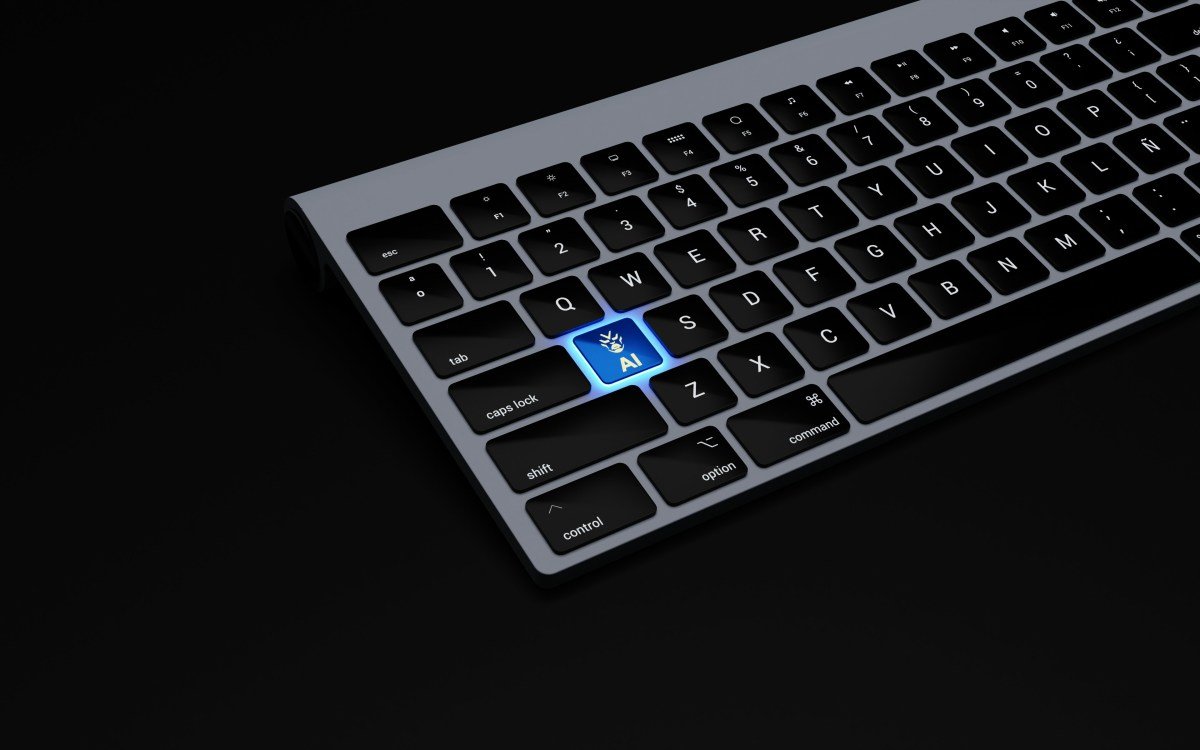Just a year after suggesting Suno and Udio are direct threats to human artistry, the world’s biggest music companies appear to be changing their tune.
Universal Music Group, Warner Music Group and Sony Music Entertainment are now in advanced talks to license their catalogs to generative AI music startups Suno and Udio, Bloomberg reports. If finalized, the deals would not only bring long-standing legal battles to a close, but also mark a dramatic strategic pivot in how the music industry chooses to engage with AI.
The companies behind Suno and Udio have been central players in a heated copyright debate since last summer, when the Recording Industry Association of America (RIAA) sued both startups on behalf of the major labels. At the heart of those lawsuits was a charge of mass infringement alleging that the services copied "decades worth of the world’s most popular sound recordings" to train their text-to-music models. The potential damages, by some estimates, soared into the billions.
Yet in a striking departure from their prior hardline stance, the same music corporations are now reportedly weighing licensing agreements that would not only grant Udio and Suno access to copyrighted works, but also potentially include equity stakes in the platforms themselves.
Sources familiar with the talks indicate that while the labels are pressing for stronger oversight and safeguards, Suno and Udio are seeking flexible arrangements at prices that won’t stifle innovation—especially critical for startups still in their growth phase. Suno recently raised $125 million while Udio secured $10 million in early-stage funding from investors.
Both startups maintain they do not store or replicate copyrighted material, emphasizing that their models are designed to generate original works. Still, in their own public statements, Udio previously acknowledged that their systems “learn from examples" and Suno defended its mission as empowering musicians with “transformative” technology.
Should the talks reach an agreement, the resulting licensing frameworks could set a precedent for how recorded music is integrated into machine learning ecosystems, potentially influencing how artists and rightsholders are compensated across the AI sector.






Recommended Comments